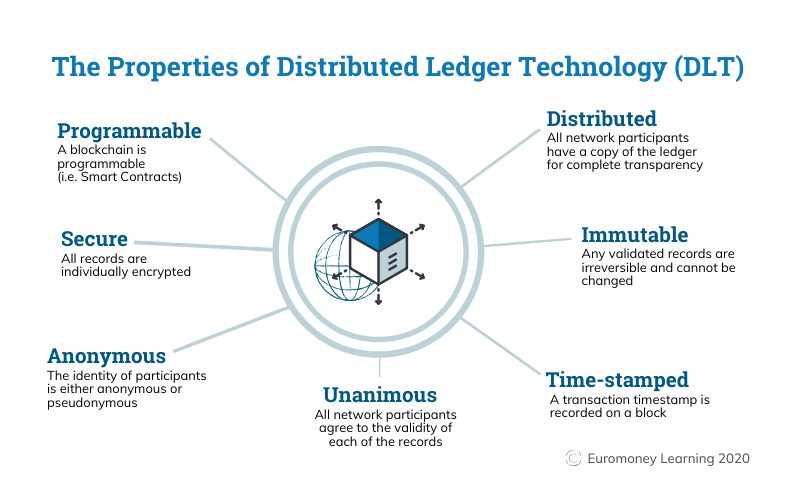Understanding Blockchain Technology
Blockchain technology is the backbone of any cryptocurrency, it’s a decentralized, digital, public ledger of all cryptocurrency transactions. Each block in the chain contains a number of transactions and every time a new transaction takes place on the network, a record of that transaction is added to every participant’s ledger. This creates a chain of blocks, hence the name blockchain. But what exactly is blockchain, and how does it work?
What is a blockchain?
A blockchain is a digital ledger that records transactions across a network of computers. It is a distributed database that is constantly updated and verified by network nodes. This creates a chain of blocks, hence the name blockchain. Each block in the chain contains a number of transactions, and once a block is added to the chain, it cannot be altered or deleted. This creates a permanent and unchangeable record of all transactions on the network.

How does blockchain work?
Blockchain technology operates on a decentralized platform, meaning it is not controlled by any government or institution. Instead, it is a network of nodes that work together to validate and record transactions. Each node in the network has a copy of the blockchain, and when a new transaction is made, it is broadcast to all nodes in the network. The nodes then work together to validate the transaction and add it to the blockchain. Once a block is added to the blockchain, it cannot be altered or deleted, creating a permanent and unchangeable record of all transactions on the network.
Why is blockchain important?
Blockchain technology is important because it allows for transparency and security. Transactions on the blockchain are recorded in a public ledger, making them transparent and easily verifiable. In addition, the decentralized nature of blockchain means that it is not controlled by any single entity, making it more resistant to fraud and hacking. This makes it a valuable tool for financial transactions, supply chain management, and other industries that require secure and transparent record-keeping.
Applications of blockchain
Blockchain technology has a wide range of potential applications beyond just cryptocurrency. Some examples include:
- Supply chain management: Blockchain can be used to track the movement of goods through a supply chain, from the manufacturer to the consumer. This can improve transparency and reduce the risk of fraud.
- Digital identity: Blockchain can be used to create a secure and decentralized digital identity for individuals, allowing for greater control and protection of personal information.
- Voting systems: Blockchain can be used to create secure and transparent voting systems, ensuring that every vote is counted and recorded accurately.
- Real estate: Blockchain can be used to create a digital registry of property ownership, making the process of buying and selling a property more efficient and secure.
- Healthcare: Blockchain can be used to create a secure and decentralized system for storing and sharing patient health information, allowing for better coordination of care and improved patient outcomes.
Challenges facing blockchain
Despite its many potential benefits, blockchain technology is still facing several challenges. One of the biggest challenges is scalability. As more people and businesses adopt blockchain technology, the network becomes larger and more complex, making it harder to validate and record transactions. This can lead to slower transaction times and higher fees.
Another challenge facing blockchain technology is regulation. As blockchain technology is a relatively new and rapidly evolving technology, it is not yet regulated by any government or institution. This means that there is a lack of legal and regulatory frameworks in place to protect consumers and businesses using blockchain technology.
Conclusion
Blockchain technology is a revolutionary technology that has the potential to change the way we conduct financial transactions, supply chain management, and other industries that require secure and transparent record-keeping. While it still faces some







